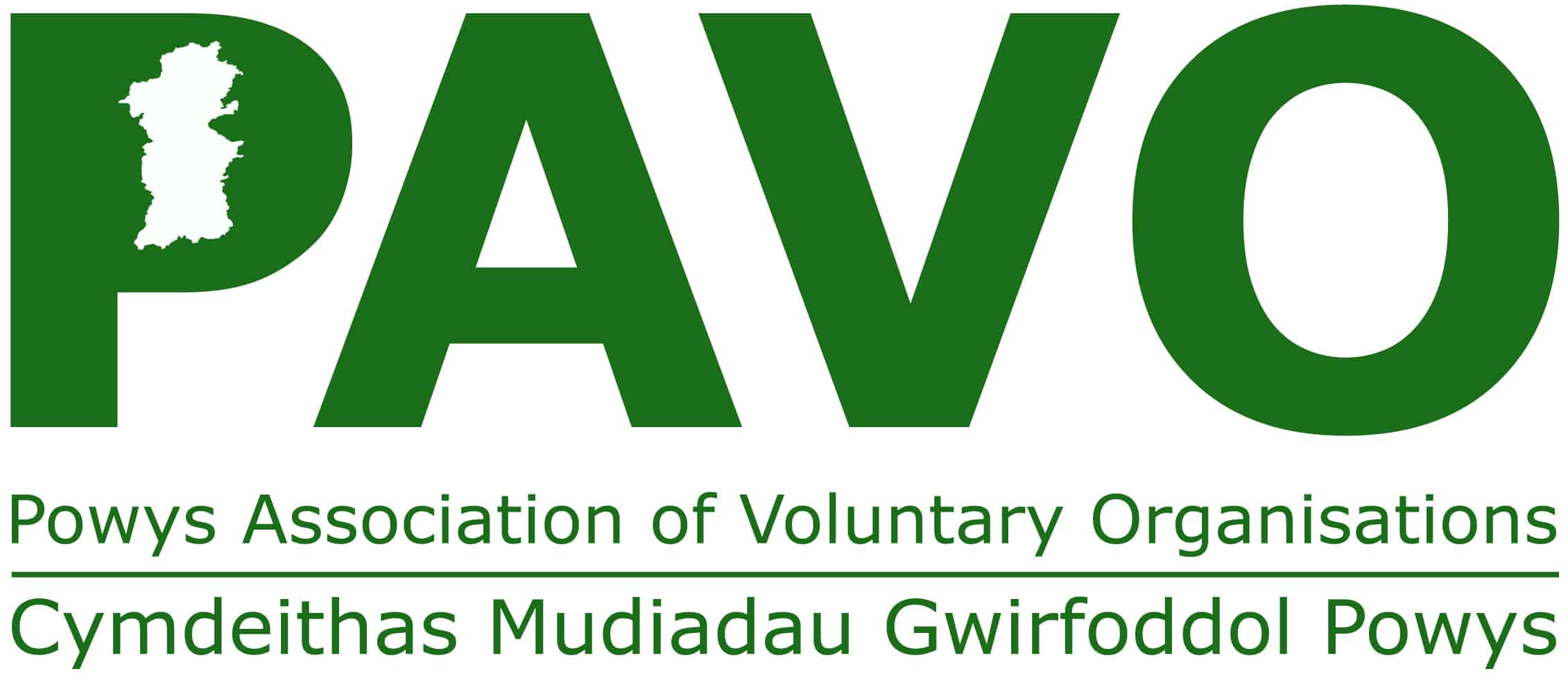THE JOHN ELLERMAN FOUNDATION

multi-year core funding grants (up to 5 years) totalling £180,000 are available to UK registered charities and Community Interest Companies with an asset lock that can create change and advance the well-being of people, society and the natural world.
__________
o Application deadline: none – applications may be made at any time. The Foundation is running a series of weekly Q&A sessions on the funding guidelines throughout the summer. Dates and further details can be found on the Foundation’s website (scroll down to the foot of the page).
o Funder: The John Ellerman Foundation (founded 1971. Charity number 263207. Total charitable expenditure for the year ended 31 March 2024: £6,471,000 (2023 £6,388,000; 2022: £7,358,000)).
o Who can apply: UK registered or exempt charities with an annual income of between £100,000 and £10 million whose work has a national footprint or a wide reach, such as working in more than one country, region or county. Community Interest Companies (CICs) with an asset lock can also be supported.
o Key words: Advancing Equality and Justice, Marginalised Communities, Increasing Connectivity, Participation and Influence, Developing Economic Models and Systems that Reduce Wealth Inequality, Protecting the Environment, Overseas, United Kingdom.
_________
The John Ellerman Foundation has recently published a new 5-year Strategy for the period 2025-2030, detailing the following 4 priorities for its grant-making:
1. Advancing equity and justice for marginalised communities impacted by these issues.
2. Building greater trust and connection, reducing polarisation within society and increasing the levels of participation and influence in the political process.
3. Promoting the development and adoption of economic models and systems that support people and planet, and reduce wealth inequalities, and
4. Tackling the triple planetary crisis by mitigating and adapting to climate impacts, reducing pollution, and protecting and restoring nature.
Grants can be for between 1 and 5 years. The maximum grant per year is £60,000 ip to a total grant award of £180,000 for a period of 3-5 years.
Grants can be used to cover core costs, including:
o Daily running/operational costs.
o ICT and communications.
o Monitoring and evaluation.
o Research.
o Salaries, and
o Training.
All applicants will be expected to evidence the following:
o Collaborative and cross-sectional: this could mean
organisations that are well connected, understand how they fit within their world, and work well with others relevant to the work being done.
o Effective financial management: understanding and oversight of finances across the Board and leadership team.
o Effectiveness and impact: this could mean:
> a good understanding of the needs being met and how best to tackle them;
> an awareness of how the project adds value and relates to/complements the work of others;
> effective systems to monitor and review progress;
> a culture of learning, reflection and improvement; and
> being alert to opportunities to widen impact.
o Strong governance and management, including:
> a diverse and representative organisation with a well-qualified and engaged board and strong and inspiring leadership;
> a thorough understanding and oversight of finances across the Board and leadership team; and
> awareness of the organisation’s strengths and weaknesses.
The application process is as follows:
1. Stage 1 – applicants should create an online account and apply via the portal at the website.
2. Stage 2 – applicants should submit a description of what it is seeking funding for, on no more than two sides of A4, including:
> A brief summary of the organisation and relevant track record.
> An outline of the approach to changemaking and advancing justice through the active involvement of individuals and communities with personal or direct experience of the issues, and
> What the funding is for and why the group is well placed to do the work.
Applicants should include a copy of their most recent annual report and financial statements from the previous financial year. If the accounts show a significant surplus or deficit, high or low reserves, these should be explained briefly. Additionally, management accounts (including a full year income and expenditure budget) for the current financial year should be submitted.
3. Stage 3 – applicants that pass the outline application stage (Stage 2) will be invited to submit a Full Application.
Further information and guidance is available on the Foundation’s website. Outline applications (Stage 2) may be made at any time.
